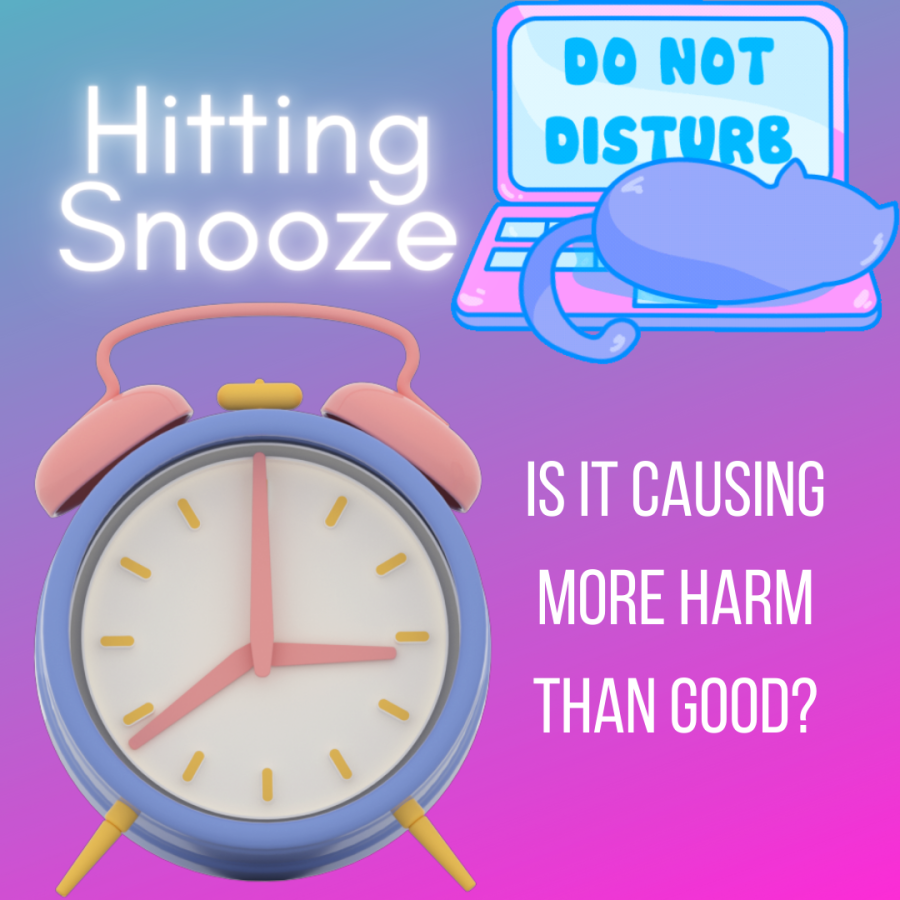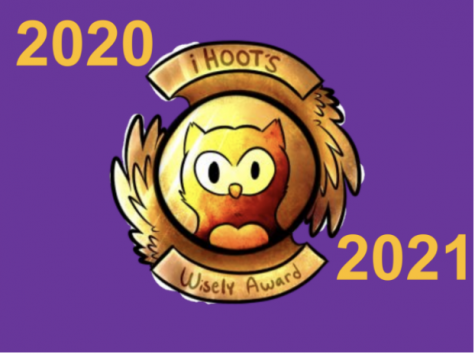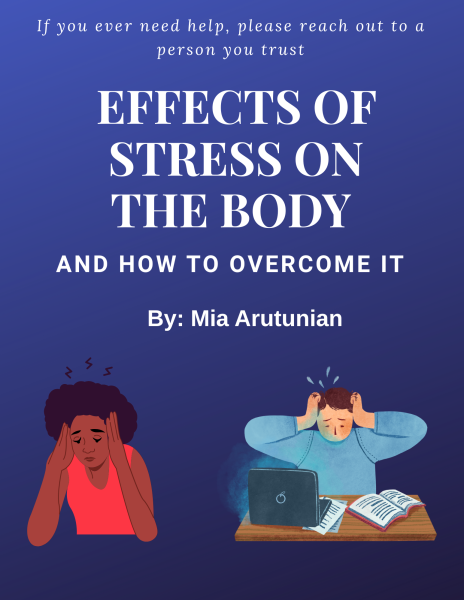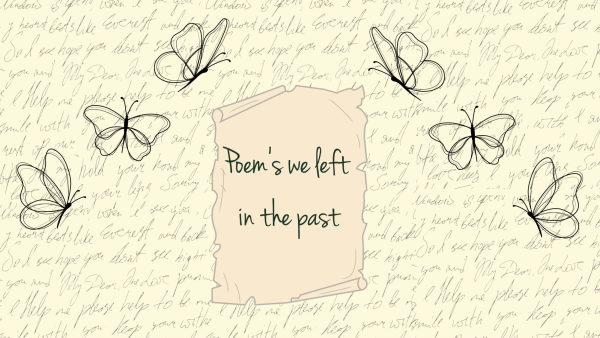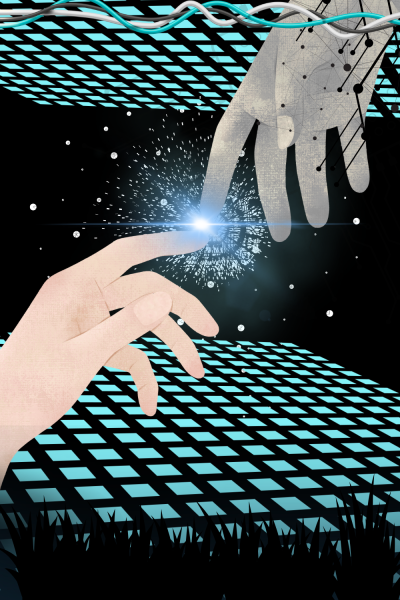DO IUP OWLS NEED TO STOP HITTING SNOOZE?
When your alarm goes off in the morning you might be tempted to hit snooze, but is it making you more tired than before?
Hitting snooze is a common habit that many of us have become accustomed to. With the ability to do school from home, it is easy to give in to the desire of getting some extra shut-eye when your alarm goes off. Although we may think these 9 extra minutes of snoozing will help us feel better rested, it may be having the opposite effect.
How do sleep cycles work?
Before one can understand the effects of hitting snooze, it is important to understand how sleep works. There are four sleep stages that one progresses through each night. The first three stages are NREM (non-rapid eye movement) and the last stage is REM. People usually go through four to six sleep cycles a night. It is easier for someone to wake up in the first two stages, but once stage 3, also known as deep sleep, begins, waking someone up becomes harder. Vivid dreams are more likely to occur during the REM stage. According to staff Eric Suni, “Sleep stages are important because they allow the brain and body to recuperate and develop. Failure to obtain enough of both deep sleep and REM sleep may explain some of the profound consequences of insufficient sleep on thinking, emotions, and physical health.” (Suni 2022). So, it is not only important to wake up at the end of a sleep cycle, but also to go through enough cycles.
What happens when a sleep cycle is interrupted?
Interrupted sleep can have negative effects on many aspects of your day. A sleep study led by professor Avi Sadeh found that fragmented sleep resulted in worsened mood, decreased attention span, and reduced cognitive ability (Hellmann 2014). Additionally, the National Sleep Foundation says that by waking up at the end of a sleep cycle, rather than in the middle of one, people are likelier to feel more refreshed and rested.
How does this relate to hitting snooze?
Typically, when your alarm goes off you will be near the end of the REM stage. According to the National Library of Medicine, if you go right back to sleep, you will resume the REM cycle. Once the alarm goes off 5 or 9 minutes later, it will be in the middle of the REM stage rather than the end. Therefore, hitting the snooze button disrupts the REM cycle (Taylor 2015). By repeating this and hitting snooze multiple times, it disrupts the cycle again and again. As a result, you will wake up feeling groggy (Jancikin 2020).
What benefits are there to getting out of bed right when your alarm goes off?
Staying in bed after you wake up can set you up for failure. Hopping out of bed right away aids in productivity, lower stress levels, and good overall health (Hernandez 2020). According to Professor Matthew Walker, “If you lie awake in bed, your brain links being awake to being in bed.” In turn, this will make it harder for you to fall asleep in the future.
What does iUP have to say about hitting snooze?
Sometimes the blessing of a flexible school schedule can be a curse. With the luxury of not having to get to school bright and early, who wouldn’t want to hit snooze and go back to bed?
Almost half of the iUP students and teachers that I polled said that they hit snooze in the morning. The reasons for hitting snooze varied, but the consensus was that they are too tired to be able to stay awake. Unfortunately, hitting snooze leaves many feeling equally as exhausted or even more tired than before.
Even with the flexibility of our school, Eleni Asturias, a senior, noted that “In the past, when I’ve hit snooze my whole day was thrown off since I wasn’t able to get as much done. When I don’t hit snooze, I feel more productive since I wake up earlier.” Five other students also noticed that hitting snooze had a negative effect on their productivity.
Many of those surveyed stated that they have become desensitized to hitting snooze. According to Dr. Mehra, Director of Sleep Disorders Research at Cleveland Clinic, “some people can get conditioned to hitting the snooze and actually get used to it” (The Free Library 2019).
Advice From Students
Even though it may seem impossible, there is living proof that everyone is capable of saying no to the snooze button and getting an early start to the day! Here’s what a few people from iUP had to say:
- Eve says “I used to be a snooze-hitter, simple as that. But as I started having to get up earlier and earlier, hitting snooze was just a time-eater more than anything else. Thanks to a decent amount of practice and discipline, my body is used to hearing the alarm and going ‘let’s get started!’” Her trick to this is “putting your alarm clock across the room. That way, when it goes off, you’re forced to get up to turn it off. After turning my alarm off, I immediately make my bed to stop [the] temptation of crawling back in and I’ll try to get out of my bedroom away from my bed.” According to Eve, “When you get up and going, you feel like you can conquer anything by simply avoiding the snooze button!”
- Many students and teachers concluded that by going to bed at the right time and adjusting their alarm to ensure a proper amount of sleep, they were able to avoid hitting snooze.
- Sometimes all it takes is a little motivator! Some students are motivated by getting their schoolwork out of the way to allow more time for activities they enjoy.
- Doing something you enjoy allows you to begin your school day with the right mindset. Alessandra Gonzalez uses her mornings to journal and do yoga before beginning school.
How can you break the habit of hitting snooze?
Hitting snooze can be addicting! By implementing a few key tips, you can be on your way to a better morning routine in no time. First off, you must get enough sleep (Jancikin 2020). Depending on your age, you typically need 8-12 hours of sleep (CDC 2020). The ideal amount varies from person to person and can be affected by a variety of factors. It is important to know the optimal hours of sleep you need. Once you find out how many hours of sleep you desire, decide what time you want to go to bed or wake up. When calculating the time you want to go to sleep or wake up, it is important to take into account that the average person takes 15 minutes to fall asleep (Start Sleeping 2020). So, if someone who needs 10 hours of sleep wants to wake up at 9 am, they should go to bed at 10:45. Keep in mind that a sleep cycle ranges from about 90 to 110 minutes (Jancikin 2020). If someone’s sleep cycle is 90 minutes, they will want to get 11.5, 10, 8.5, or 7 hours of sleep.
Once that is figured out, it’s time to implement some new habits into your morning routine. For some, it may be necessary to set your alarm clock or phone out of reach. This forces you to get out of bed to turn it off. Be careful not to crawl right back into bed though! Perhaps rewarding yourself for not hitting snooze may do the trick. Whatever reward you decide, make sure it is something that will motivate you (Jancikin 2020). Maybe the best trick of all, get up and get moving! Whether this is by walking to the kitchen for a glass of water or getting ready for the gym, it will promote your alertness and prevent you from going back to sleep (Chevlen 2021).
Conclusion
Hitting snooze is a common practice among many of us, even your fellow students and teachers! However, it may be time to reevaluate this decision due to the repercussions. By deciding to start your morning on the right track, you will be on your way to creating healthy habits and a better morning routine.
Works Cited:
Jancikin, O. (2020, June 5). How to Stop Hitting the Snooze Button – 14 Tips to Avoid It Now. Sleep Advisor. https://www.sleepadvisor.org/how-to-stop-hitting-snooze/
CDC. (2020, September 10). Sleep in Middle and High School Students. Centers for Disease Control and Prevention. https://www.cdc.gov/healthyschools/features/students-sleep.htm
Hernandez, K. (2020, August 18). 5 Things You Should Never Do When You First Wake Up. Eat This Not That. https://www.eatthis.com/unhealthy-morning-habits/
Hellmann, K. (2014, July 10). How Waking up in the Middle of the Night Affects The Rest of Your Day. Women’s Health. https://www.womenshealthmag.com/health/a19921357/interrupted-night-of-sleep-affects-your-day/
Is Hitting Snooze Bad for Your Health? (2019, March 25). Cleveland Clinic. https://health.clevelandclinic.org/is-hitting-snooze-once-er-maybe-three-times-bad-for-your-health/
Chevlen, D. (2021, August 20). Stop Hitting Snooze! Here Are 8 Expert Tips for Waking Up on Time. Wirecutter: Reviews for the Real World. https://www.nytimes.com/wirecutter/blog/wake-up-on-time-tips/
Stories, D. H. (2019, March 8). Is Hitting the Snooze Button Bad for your Health? Cleveland Clinic Newsroom. https://www.thefreelibrary.com/Is+Hitting+the+Snooze+Button+Bad+for+Your+Health%3F-a0582260678
Suni, E. (2021, December 2). Stages of Sleep: What Happens in a Sleep Cycle. Sleep Foundation. https://www.sleepfoundation.org/stages-of-sleep
Taylor, M. (2015, October 6).The Negative Impact of Hitting the Snooze Button. Amerisleep. https://amerisleep.com/blog/negative-impact-snooze-button/
What is REM Sleep? (2020, November 1). National Sleep Foundation. https://www.thensf.org/what-is-rem-sleep/

My name is Makenna Horne and this is my 6th and final year at IUP! This is my 2nd year in iHoot and I’m so happy to be a part of the BOE! I love doing...


